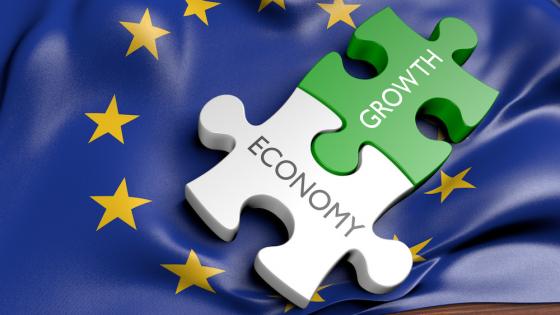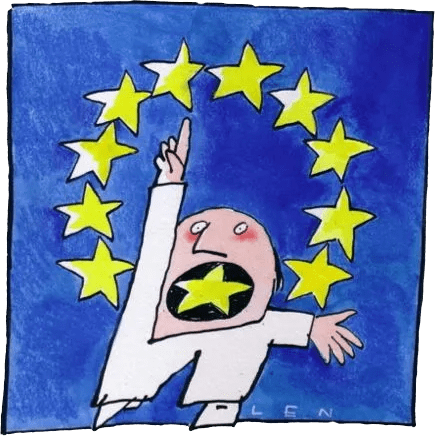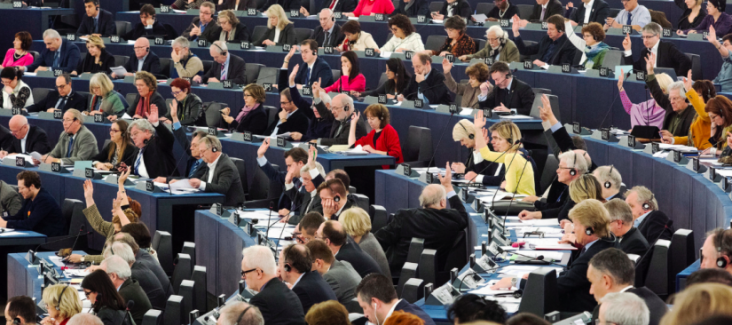
Exactly 20 years ago, together with our civil society partners, we successfully campaigned for the European Citizens’ Initiative (ECI) to be included in EU primary law during the European Constitutional Convention. On a summer’s day in June 2003 in Brussels, Valéry Giscard d’Estaing officially announced the inclusion of the ECI into the Constitutional Treaty. Without the joint civil society bottom-up effort of committed individual citizens, the ECI would not exist today.
In the meantime, millions of citizens have signed an ECI, but the instrument is unfortunately still not really taking off and most people are not yet aware of its existence. Too many practical bureaucratic hurdles still stand in the way and none of the successful ECIs have been fully implemented yet. We therefore need to make the ECI more powerful and more attractive for people to participate in. Only then we can increase the still low level of successful ECIs.
On behalf of MEP Helmut Scholz, the EP rapporteur of the Report on Citizens’ dialogues and Citizens’ participation in the EU decision-making, we have written a comprehensive study, in which we identified the specific problems of the ECI and made concrete reform proposals. We had the opportunity to present the results of our study in the Constitutional Affairs Committee of the European Parliament and in the European Economic and Social Committee.
On June 13 2023, the EP has adopted its report on ECI reform, takin up many of our ideas. Below is a brief summary of the European Parliament’s main demands for strengthening the ECI.
Already in 2022 the ECI responsible Commissioner Jourova has promised us to take a legislative initiative if a substantial package of demands for reforming the ECI is on the table. This is now the case with the new EP report. As The ECI Campaign we have had already first talks with the European Commission on this immediately after the EP decision on ECI reform.
The main demands of the EP to improve the ECI:
1. Reimbursement of costs for successful ECIs – similar to rules in Hamburg, Austria and Spain
The EP calls on the Commission to to provide financial support to ECIs for the costs of valid European Citizens’ Initiatives that reach the threshold of one million signatures. It also calls on the Commission to explore progressive financial support for ECIs that kick in when certain thresholds of less than one million signatures are reached (250.000, 500.000, 750.000).
2. EP commits to vote on successful ECIs in plenary session
The EP commits to vote on successful ECIs in plenary (in the form of a resolution) and not only to deal with them orally in a hearing and a plenary debate, as was the case so far.
3. Making the Commission’s ECI Expert Group more inclusive by involving civil society
It is common practice in the EU for so-called Expert Groups to be held on certain issues with the participation of civil society actors specialized in the respective field. In the context of the ECI, civil society has so far been excluded here (to the detriment of ECI development). The EP demands that we continuously involve civil society expert organisations “in order to take into account all relevant aspects when drafting legal acts and to improve transparency and democratic participation”.
4. Use of individual online collection systems
The digital dimension of the ECI is fundamental for the survival of this democratic innovation. 70% of all signatures are now collected online. The decentralised, so-called individual online collection system, is particularly effective and has been used already by over 350 NGOs.
The EP has recognised its importance and calls on the Commission “to assess the possibility of reintroducing the option for organisers to use individual online collection systems.”
Moreover, the EP “points out that it has so far been possible to embed individual online collection systems in the websites of the different civil society organisations supporting a specific ECI without further certification obligations; recalls that individual online collection systems have been an important driver of innovation and have considerably contributed to strengthening support for ECIs.”
5. Interoperability between EU and national platforms
The EP proposes to link the EU’s European Citizens’ Initiative website with appropriate online platforms at national level in order to increase the visibility and efficiency of ECIs.
6. Freedom of information principle – access to files for effective legal protection
Time and again, ECI organisers are confronted with massively inadequate administrative action in the EU member states. The German Federal Administrative Office in Cologne f. ex. has caused ECI organisers extreme problems in certifying/verifying signatures. Access to information is often not guaranteed here and is therefore still very problematic today. The EP “calls on the Commission and the Member States to take measures to further simplify and harmonise national standards for collecting data and to ensure that organisers of European Citizens’ Initiatives have access to the files of the competent authority so that they can claim effective legal protection against unlawful decisions on certificates.”
7. Cautious connection of successful ECIs with randomly selected Citizens’ Assemblies
EP proposes to link successful ECIs with randomly selected Citizens’ Assemblies, albeit only insofar as the EP suggests that “one possible way to increase debate and strengthen follow-up is to add the relevant topics of ECIs to the discussions of Citizens’ Panels convened on related matters.”
8. EP commits to improve ECI also in the context of an EU treaty change
For the first time in its history, the EP is making use of its right to propose a treaty change under Art. 48 TEU to amend EU primary law (“EU constitutional law”). The specific proposal is currently being drafted in the EP. In the resolution on the ECI, the EP commits to “further assessing, including in the context of a future revision of the Treaties, how to expand the scope, increase the accessibility and enhance the effectiveness of the ECI within the current and future legal framework of the EU.”

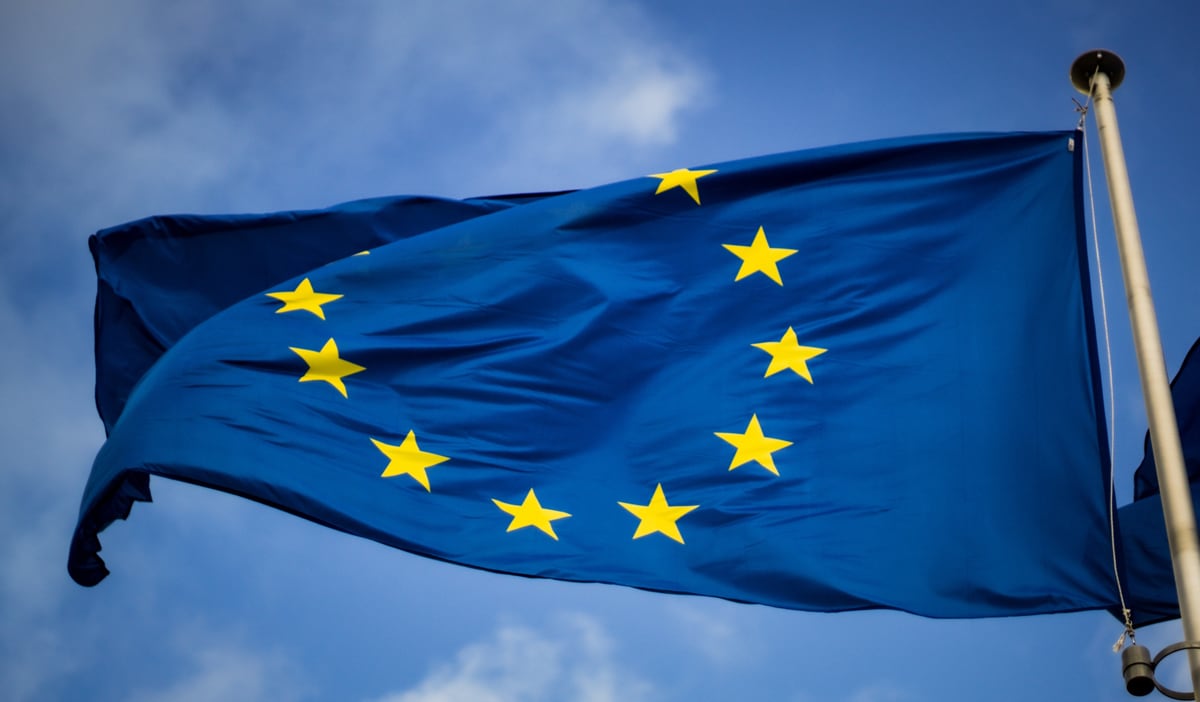
EU Court’s Decision to Limit NGOs in Cage-Free Case Raises Concerns Over Democracy and ECI Integrity


“Give me Five!” – Five Final Amendments To Make ECI Reform More Meaningful
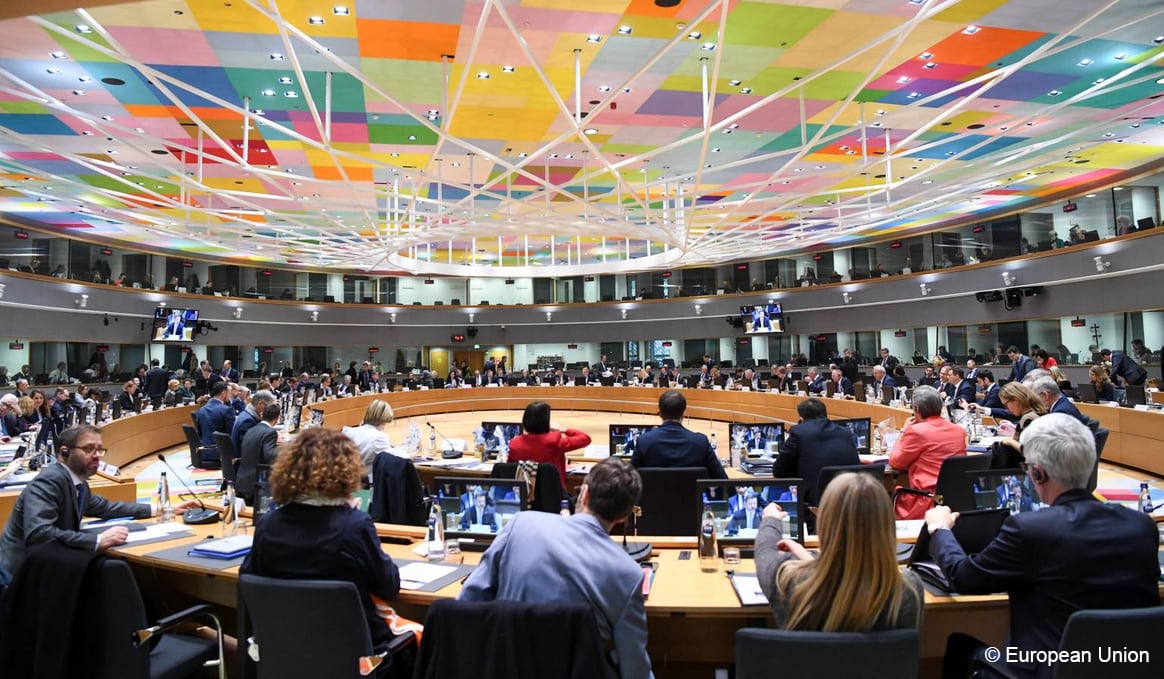

How to Turn the official ECI Review into a Meaningful Legislative Reform


The Official ECI Review Needs to Lead to a Reform of the ECI
